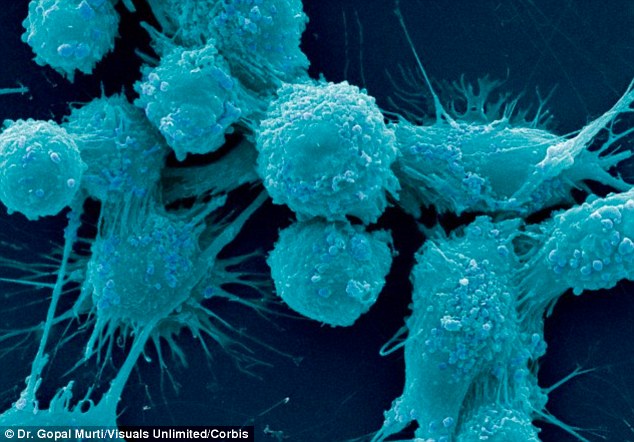
Scientists have unveiled a blood test designed to detect signs of cancer up to a year before tumors emerge. Results from a 1,000-patient trial have shown 100 percent accuracy, even identifying cancers in a control group of patients initially believed to be cancer-free.
Published in Stem Cell Reviews and Reports, the blood biopsy technique focuses on changes in the behavior of stem cells, presenting a potential paradigm shift in cancer diagnosis. If successfully replicated on a larger scale, this could represent the “holy grail” of cancer diagnosis, providing early access to life-saving treatments.
The trial involved two groups: half with a prior cancer diagnosis or subsequent cancer development and the control group, initially deemed cancer-free. Traditional diagnostic tests, including biopsies, CT scans, mammograms, X-rays, and blood tests, were conducted on those with prior diagnoses. Despite the established nature of cancers at diagnosis, the blood test exhibited 100 percent accuracy in identifying cancer patients. Remarkably, it also flagged three individuals in the control group who, within the subsequent 12 months, developed cancer.
Named HrC, the test was co-developed by Mumbai-based biotech firm Epigeneres and Singapore-based diagnostic company Tzar Labs. It targets specific markers reflecting changes in stem cell behavior, indicative of early cancer mutations.
Now, leading UK universities are gearing up to replicate and further investigate the findings. Imperial College, Manchester University, and Cardiff University are planning “proof of concept” trials, while St Bartholomew’s Hospital in London will conduct a larger study.
Dr. Sherif Raouf, a prominent consultant gastrointestinal cancer specialist leading the trial at St Barts, expressed enthusiasm, calling the early detection of cancer the “holy grail” of cancer medicine. The prospect of a single blood test to detect cancer at its earliest stages or even before its development could revolutionize cancer diagnostics and potentially save many lives.
Ashish Tripathi, CEO of Tzar Labs, highlighted the significance of the screening method, noting its ability to detect various cancer types early through a simple blood test, even before tumors have formed. He described it as the world’s first prognostic or predictive test for cancer, marking a major leap forward in the field of early cancer detection.
RELATED ARTICLES
- Researchers Warn Vaping is just as Harmful as Cigarettes
- EU Approves Digital ID, Greece Becomes First to Adopt the Law
- Germany will arm Ukraine with Indian Artillery Shells
- Australians Facing Unprecedented Rise in Mortality Rates, But Leaders Stay Silent
- Merck's new covid pill linked to virus mutations, study finds











